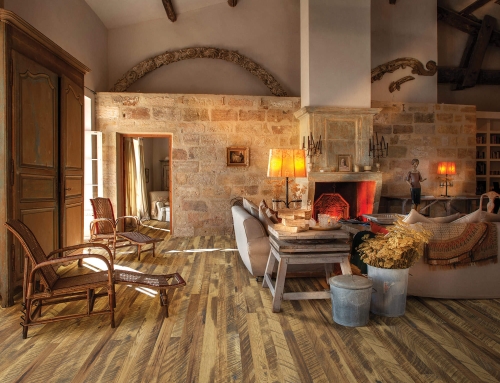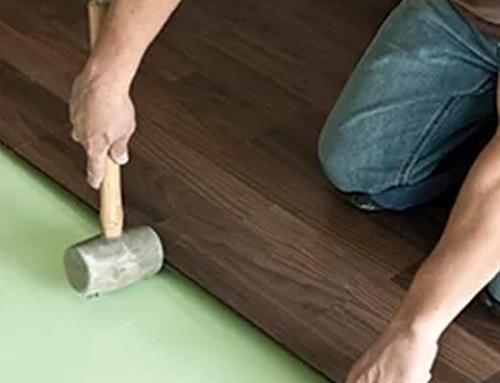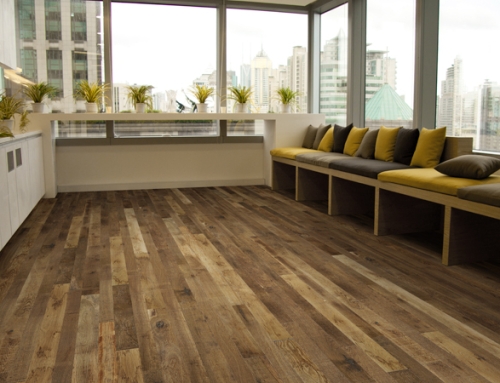One of our FAQ’s is how to match the stain of our floors so we decided to share a few details about color blending.
Why is it hard to match the stain?
The floor is selected and now comes the time to work on stairs, banisters, wood trim and cabinet color. The subject of many requests is to purchase matching stain from Hallmark Floors. This may seem like a straightforward request; however, it is a more complicated issue than can be solved by an off the shelf product. In this article we will address how the expectation of a one size fits all does not work.
At Hallmark Floors we have established master samples for each collection color we produce. However, for each production date the formula has to be tweaked ever so slightly to hit the color range for each collection.

What affects the color of the wood?
- Forests contain an incredible diversity of soil and growing conditions that create micro forests. This creates a slightly different base color that varies from micro forest to micro forest.
- Weather patterns react to terrain making the amount of water available to each tree vary. Along with competition with other trees and plants create subtle differences in growth rate and color.
- Trace minerals in the soil vary based on terrain and geological factors.
- Average rainfall and temperature. Higher rainfall and temperature can make a tree grow faster which affects porosity of the wood. Higher density slower growing wood vs. lower density faster growing trees affect how deep the stain penetrate and that difference has a huge effect on color.
- As trees grows older and wider the heart of the tree grows darker and denser as the tree deposits natural resins to give the tree greater strength to hold the weight of the growing tree. The outer part of the tree does not yet contain these resins and the portion of the tree is lighter and more porous.
- Season in which the material is harvested will affect the amount of sugar in the wood fibers. The amount of sugar in the wood fiber varies due to time of harvest which in turn has an effect on the color.
- Even slight humidity changes in the factory will affect the porosity of the wood which again influences the color.
What is our matching process?
Before each production run of product, adjustments have to be made to the base formula of our stains to match the master control sample. Several boards at a time will be run down the finish line and compared to the master samples under various bandwidths of light. The formula will be adjusted multiple times in this process until the color is in range to the master sample. This process usually requires multiple attempts and as much as 30 to 45 minutes to achieve.




In light of this information about color blending we see why Hallmark Floors cannot pull a premixed formula off the shelf and provide something that will help colorize other wood products in the home that need to blend to the floor.
So, how do we proceed with this whole color blending thing?
- Several sample pieces of the unfinished wood used for cabinets, stairs, etc. will be needed.
- Custom cabinet finishers take a sample containing multiple pre-finished flooring boards. The boards in the sample will vary in color.
- Full service professional paint stores such as Sherwin Williams, can assist by custom mixing stain to create the best blend for the material to be stained and blended to the color of the floor. They will use a computer to get close to the flooring color and then many times have to tweak the color to get a satisfactory blend to the color of the floor.

About the author: Ron Oliver, is the Technical Services Director at Hallmark Floors. His college major was furniture fabrication and design and he has experience in sand & finish flooring, installation and wood floor manufacturing. He remains an avid wood worker and builds custom furniture and restores antiques whenever the opportunity presents itself.
Connect with us online:
Pinterest, Houzz and Instagram are some of our favorites!







